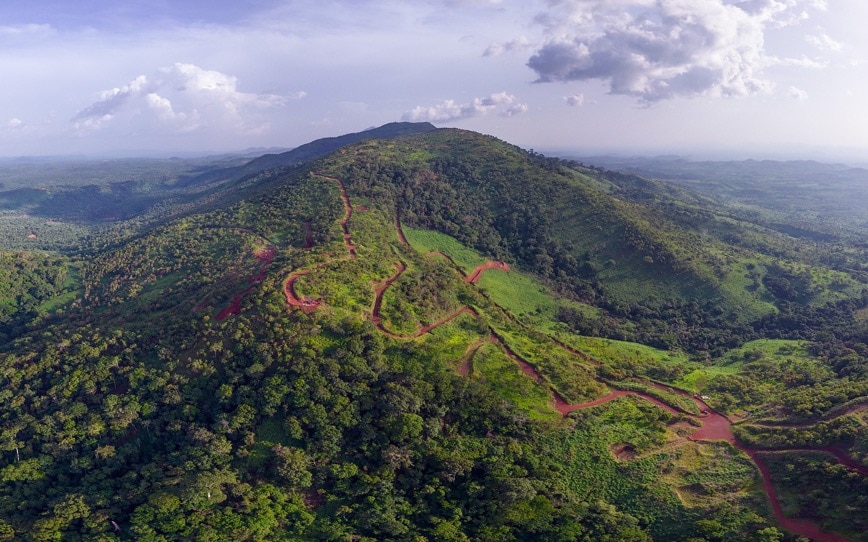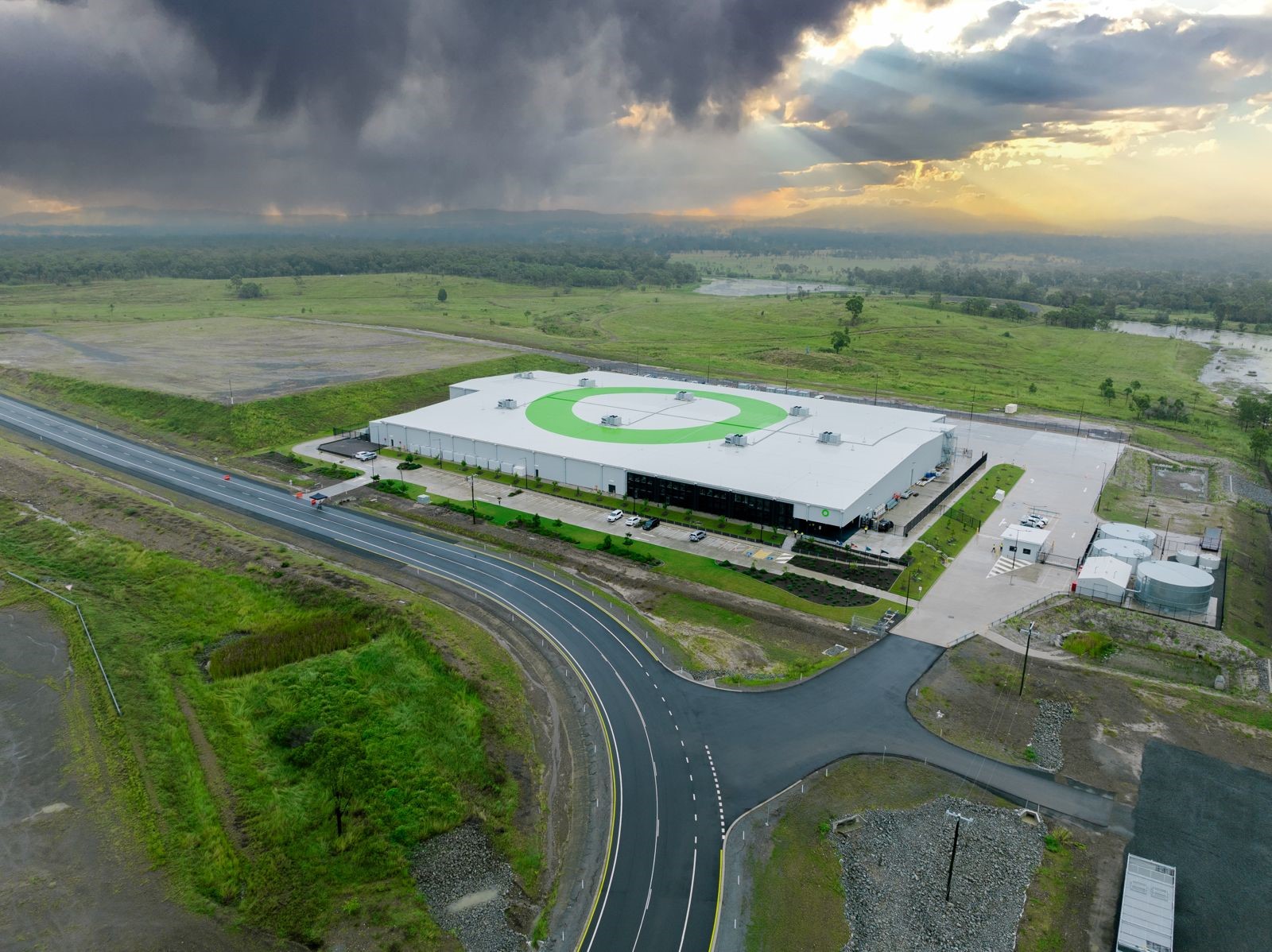Dust generation is caused by wind or vehicle movement on unpaved surfaces. If the unpaved surface is not subjected to vehicle movements, dust suppression is somewhat easier to perform. In the case of unpaved roads, besides dust control, sufficient road quality has to be provided.
Usual dust suppression method is water application. Watering is short term solution due to evaporation. This leads to frequent need for reapplications which results in high costs as a consequent of intensive use of transportation and labour and frequent interference with traffic or working activities in case of haul roads. On the other side moisture makes soil more instable, resulting in deformations caused by traffic loads, and thus driving is less safe.
Other common method for dust suppression is application of hygroscopic substances which slow down water evaporation. Therefore, moisturizing effect is prolonged. For the method to be effective, certain air humidity is needed and thus is this method weather dependable. It also contributes to higher instability of road. Hygroscopic substances are corrosive and thus vehicle-unfriendly.
Further group of dust suppression products are petroleum-based binders. They act by coating soil particles with a thin asphalt layer. In this group are emulsified asphalts, cutback asphalt and Bunker C. The resulting effect is increased particle mass and decreased chance to become airborne. For efficient application the asphalt is mixed into the top few centimetres of surface with a grader. The asphalt application causes emissions of volatile organic compounds (VOC) and contributes to the creation of ground-level ozone and particulate matter, which are the main smog components. Additionally, these dust control products can contaminate waterways due to runoff and thus are rarely used nowadays.
Common organic nonpetroleum dust suppression products are lignosulfonates. Lignosulfonates are waste products of the paper manufacture processes. They contain lignin which is a natural polymer and can bind soil particles together. However, these suppressants are water soluble and can leach away with rainfall. They are also corrosive to aluminium. Successful application of lignosulfonates is limited to fine particles with high plasticity in dry environments, such as clay particles.
Almost all of these dust suppression products are contributing to road instability. This is large drawback since it negatively influences driving safety and vehicle maintenance costs. For mainly this reason Global Road Technology implemented quite different approach while developing dust suppression substances. GRT dust control solutions are polymer based products which act by binding soil particles together into stable matrix and by increasing water resistance of soil body. This kind of approach resulted in both dust prevention and high quality road.
Are environmental regulations, health and safety concerns or potential profit loss a concern right now?
A case study showed improvement in rolling resistance between unsealed roads and GRT treated surfaces averaging 15%.
When compared to the conventional sprayed chip seal surfaces, results showed that GRT treated roads are of the equivalent or slightly better quality. When it comes to friction level, improvement shown through a case study of using GRT dust suppression products is 78% on average after surface modification works and a 100% improvement when compared to the original surface results.
The comparison performed on regularly used unpaved road indicated that the initial costs of GRT dust control measures are 55.6% higher than for the most popular dust suppression products, watering. However, the ongoing annual costs of dust suppression maintenance utilizing one of the GRT dust control products are lower than for the conventional method. Results of analysis showed overall savings of 29.8% over two years, 36.1% over three years and 45.5% over ten years for this case if GRT dust control measures applied.
For more information on dust suppression products or Global Road Technology products please contact GRT.
MORE INDUSTRY ARTICLES
April 17, 2024
Team Rio Locks In $23 Billion for Simandou
April 12, 2024
Fortescue Flicks-On QLD Electrolyser Plant
MORE INDUSTRY ARTICLES
April 17, 2024
Team Rio Locks In $23 Billion for Simandou
April 12, 2024

